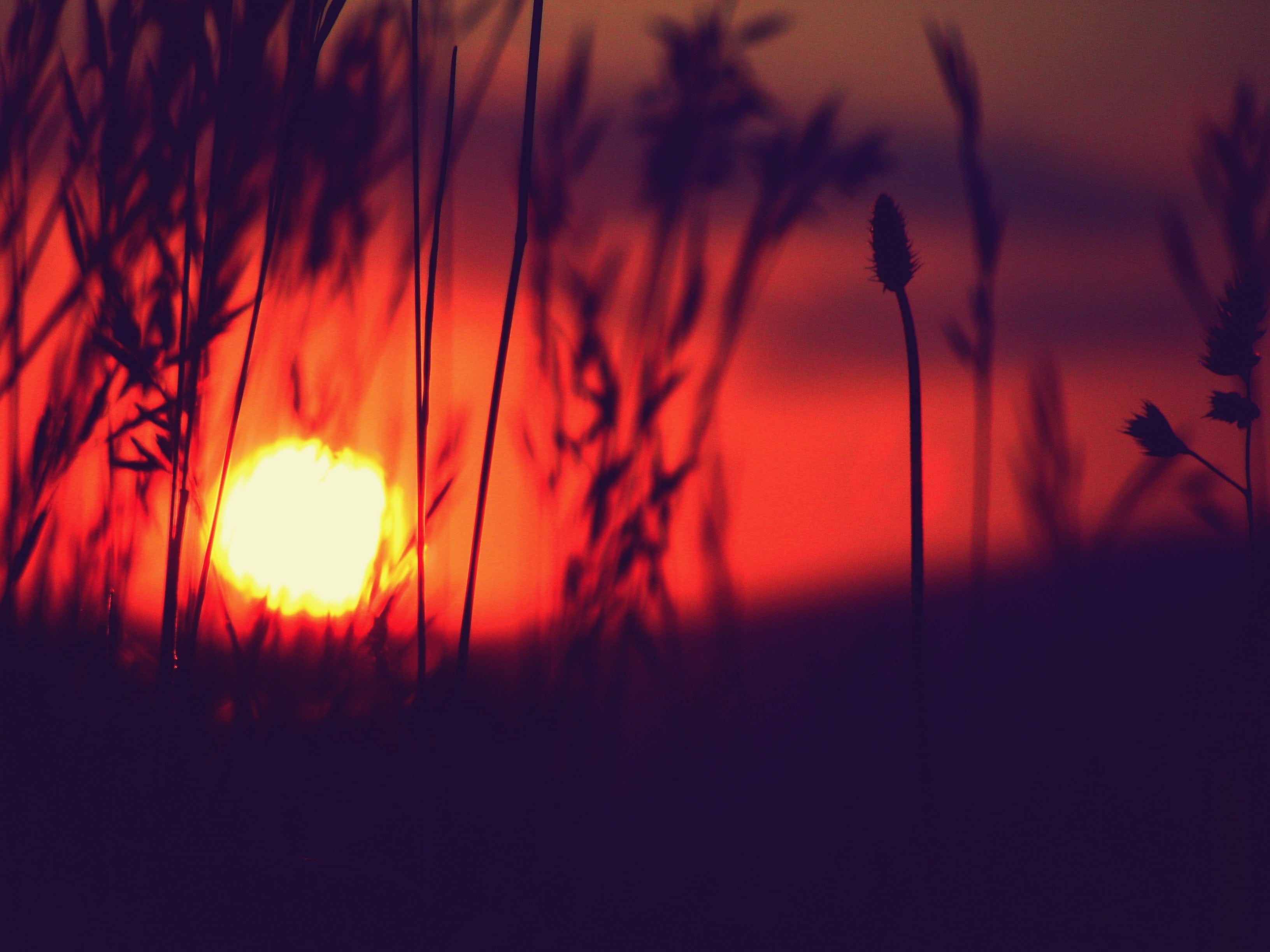Judith and Holofernes by Julia Park Tracey
When he came to Bethulia, the General
lit fires, hurled stones as large as cows,
shot arrows into our flesh. Our city buckled, and
we went to our knees.
My husband already dead, I had
nothing to lose. I dressed my hair
in rosewater, oiled my body,
myrrh between my breasts, kohled my eyes, draped
a veil across my face.
My knife hid in a fold of cloth.
I walked into his camp without a
sideways look at his rough and stinking soldiers.
I strode with lust in my eyes, my heart.
As the sun was sinking red, I stopped
before his tent and gazed boldly.
When the tent flaps parted, I licked
my lips, a wanton.
May I lie with you, Warrior?
So far I had not sinned. But my worth
was little. What mattered a widow’s soul?
I ventured within and gave him the caresses
I had used upon my husband—
spent my virtue in service of something
greater: death, if they caught me.
Victory, if I’d succeed.
Sated, the General slept like a tired dog,
his face damp with sweat. I had carved many
beasts in my kitchen, and
my knife was sharp.
A long slice, with a bit of tough sinew
at his spine, and there was no
cry for mercy.
He had given none.
I carried this prize back to Bethulia
by its hair before the sun rose,
his seed still seeping down my leg.
